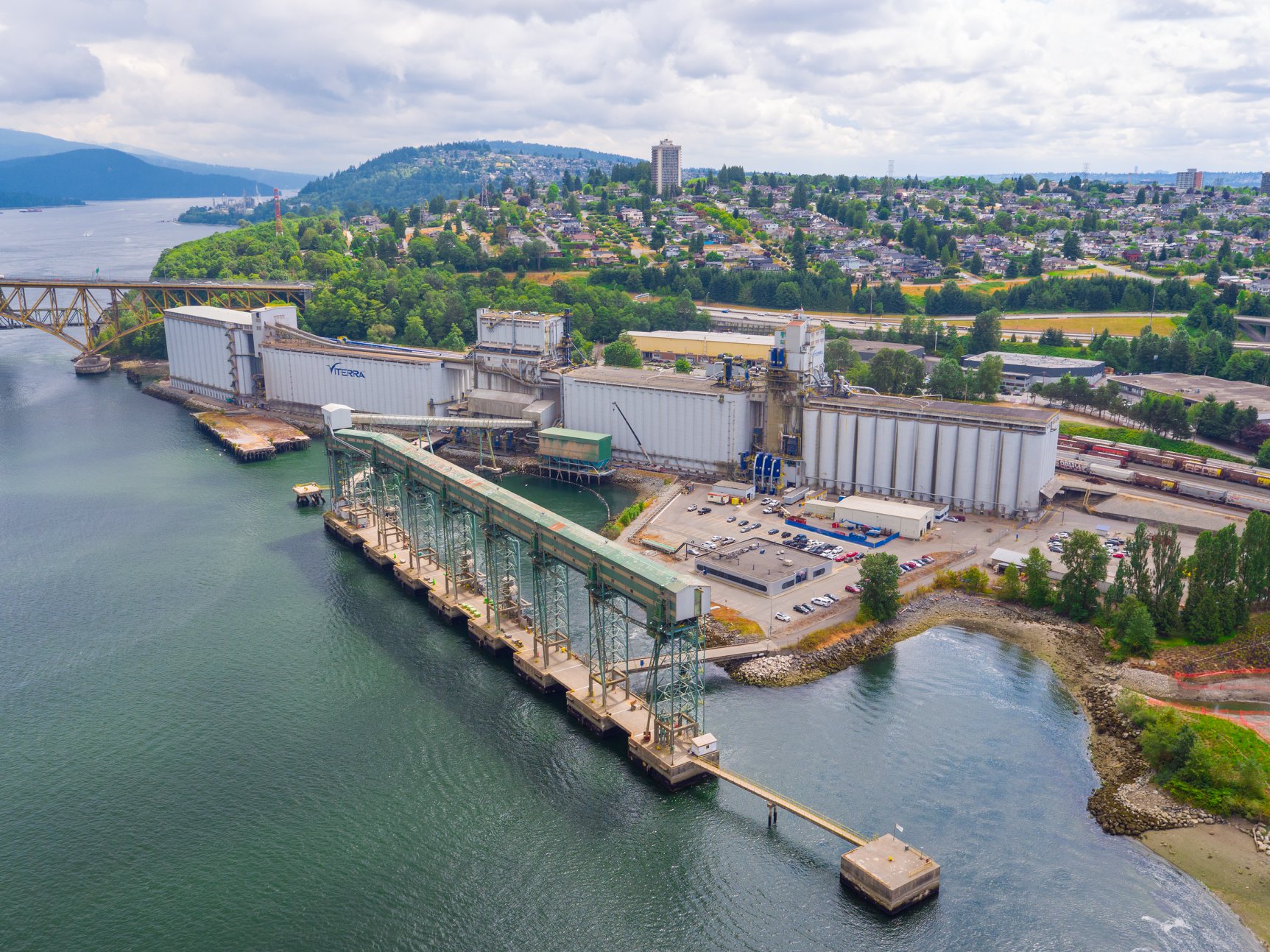
China blocked canola shipments from a second Canada-based producer on Tuesday over alleged contamination issues, a move that has prompted Ottawa to consider dispatching a delegation to the Asian country.
A statement on China’s General Administration of Customs website said officials detected several hazardous organisms in canola shipments from Regina-based Viterra Inc.
Canola shipments from Viterra are now blocked, it said.
Viterra, which is part of Glencore Agriculture, did not immediately respond to a request for comment.
Prime Minister Justin Trudeau mentioned the possibility of sending a delegation, in response to questions from reporters during a stop in Winnipeg on Tuesday.
“We’re very much looking at the possibility of sending a high-level delegation to China,” he said.
“We know that the canola produced here in Canada is top quality, and the oversight, inspection and science that surrounds what we do here is top-notch and world-class, and that is certainly something that we are going to continue to impress upon … our Chinese interlocutors on this issue.”
Viterra is the second company to have its canola seed shipments blocked this month. Winnipeg-based Richardson International Ltd. had its export permit revoked in March due to hazardous organisms allegedly found in the company’s product.
Since then, the Canola Council of Canada said all its members that export canola to China have reported that Chinese importers are unwilling to purchase their products.
“We’re very perplexed because we’re confident in the quality of our Canadian canola,” said Brian Innes, vice-president of public affairs with the council.
China – a major market for Canadian canola that accounts for about 40 per cent of Canada’s exports of canola seed, oil and meal – is the sole country to raise a technical issue with the product, said Innes.
Canada also exports to several other markets, including the U.S., Mexico, the European Union, India and Japan. None of these have raised any issues, Innes said.
But China raised a technical concern and there needs to be a technical solution, Innes said, adding his voice to the calls for the government to send representatives to China.
Some have suggested the canola ban is connected to the Canadian government’s decision to arrest a top Chinese tech executive in December at the behest of the United States. Canadian authorities arrested Meng Wanzhou, the chief financial officer of Chinese tech giant Huawei, in Vancouver and the government has since approved for her extradition case to proceed.
“But we are taking very seriously this situation around canola as well,” said Trudeau, adding he’s held meetings with the Canola Council of Canada president and plans to meet with a Richardson executive later Tuesday.